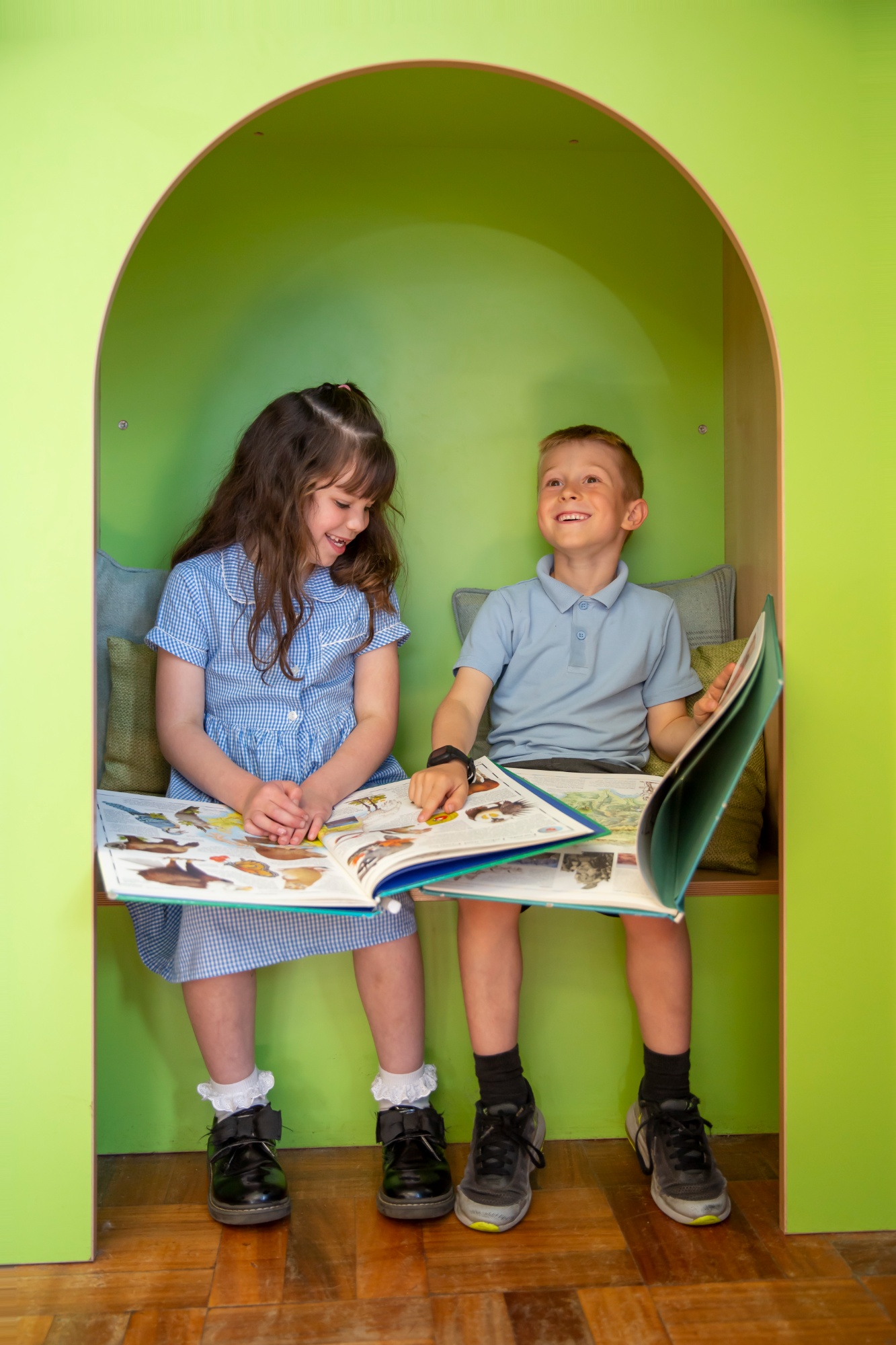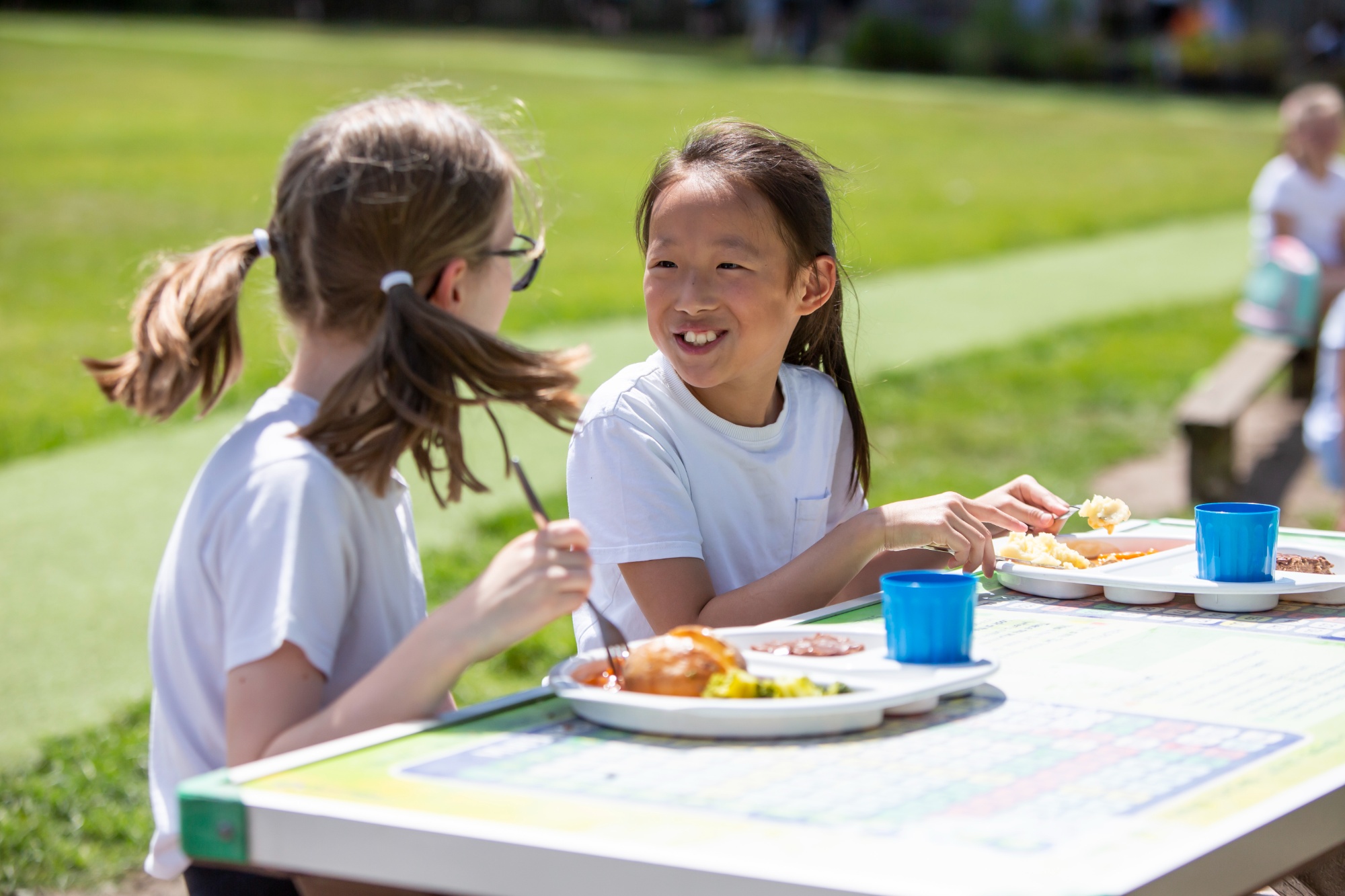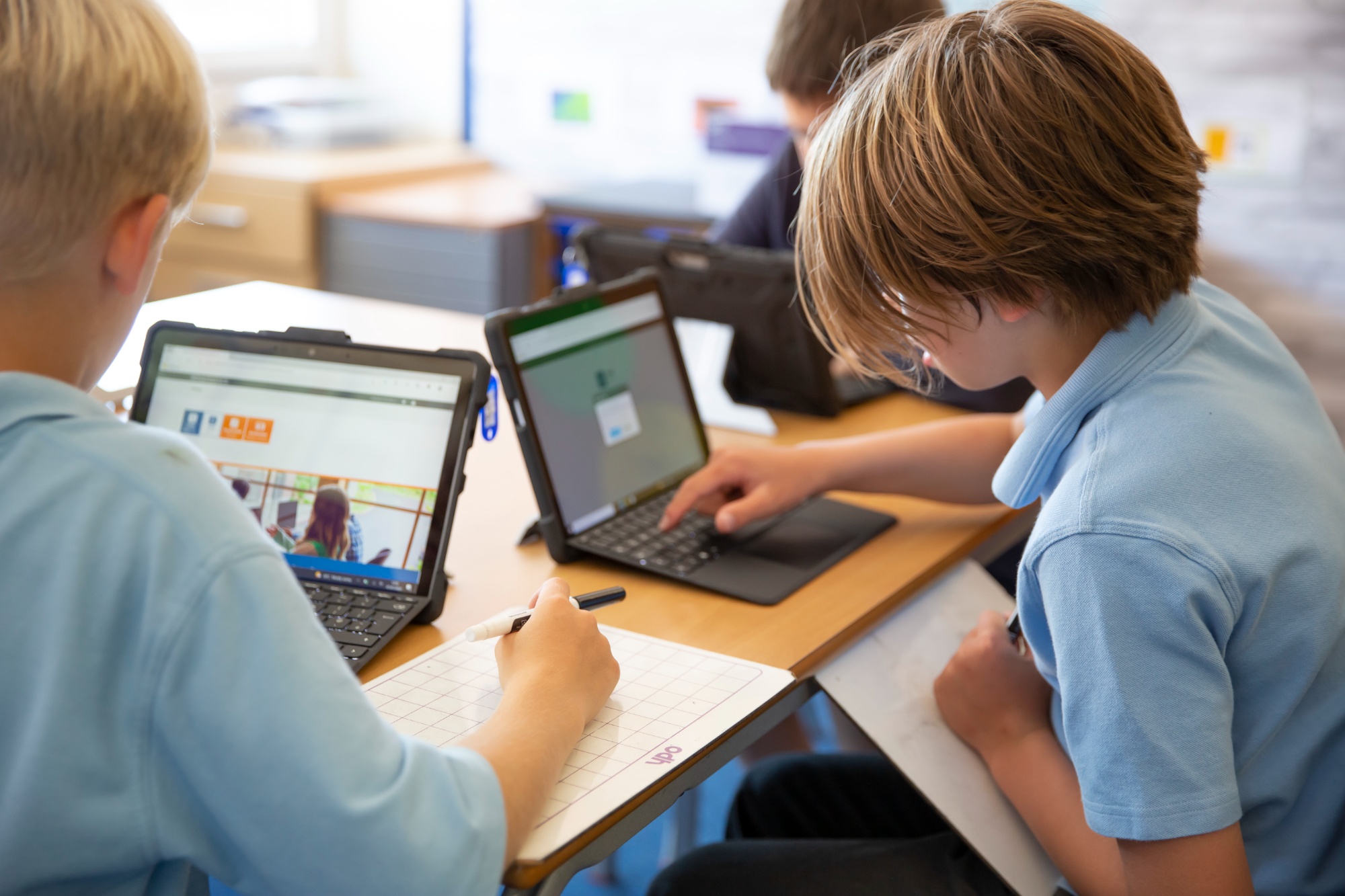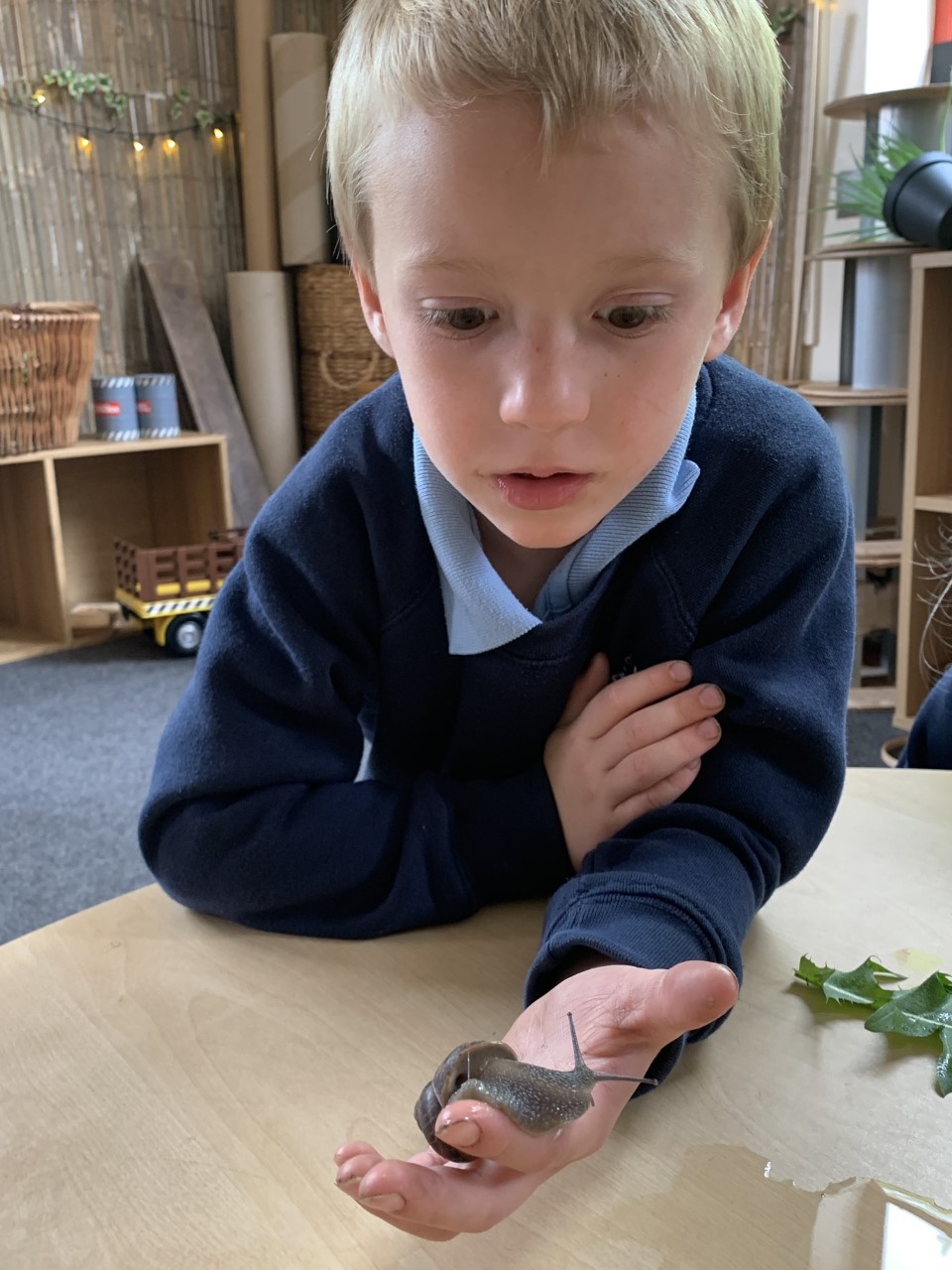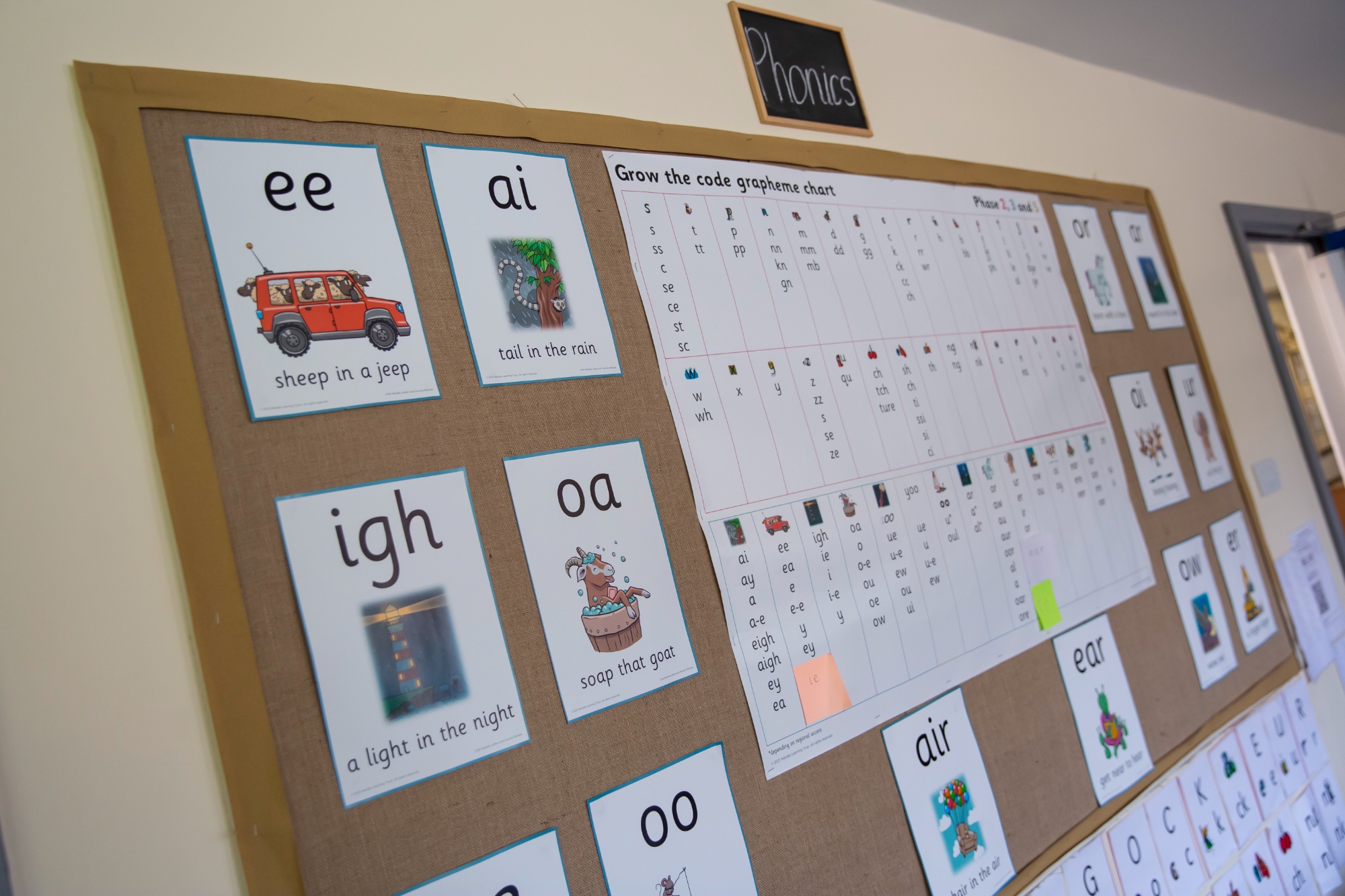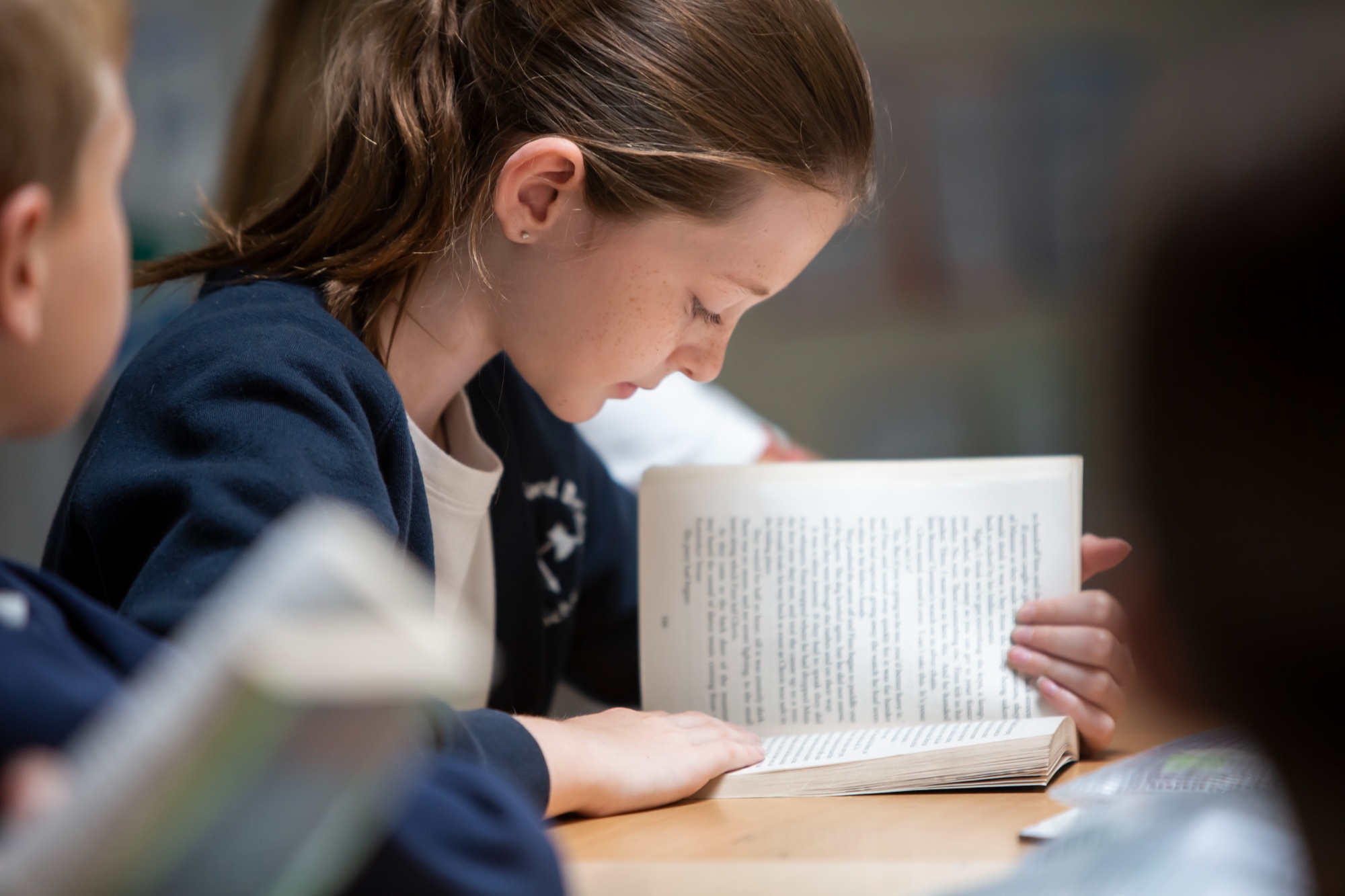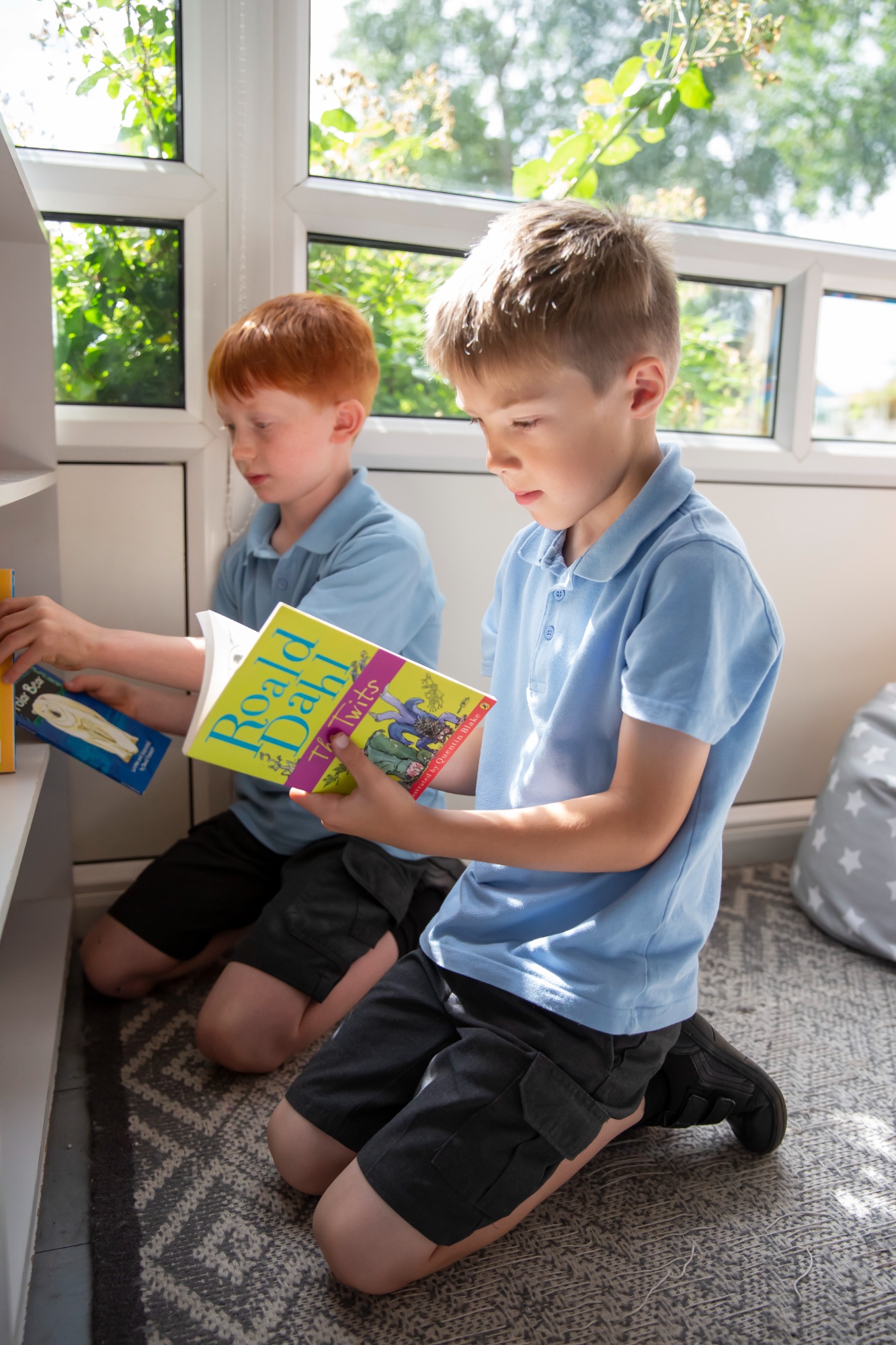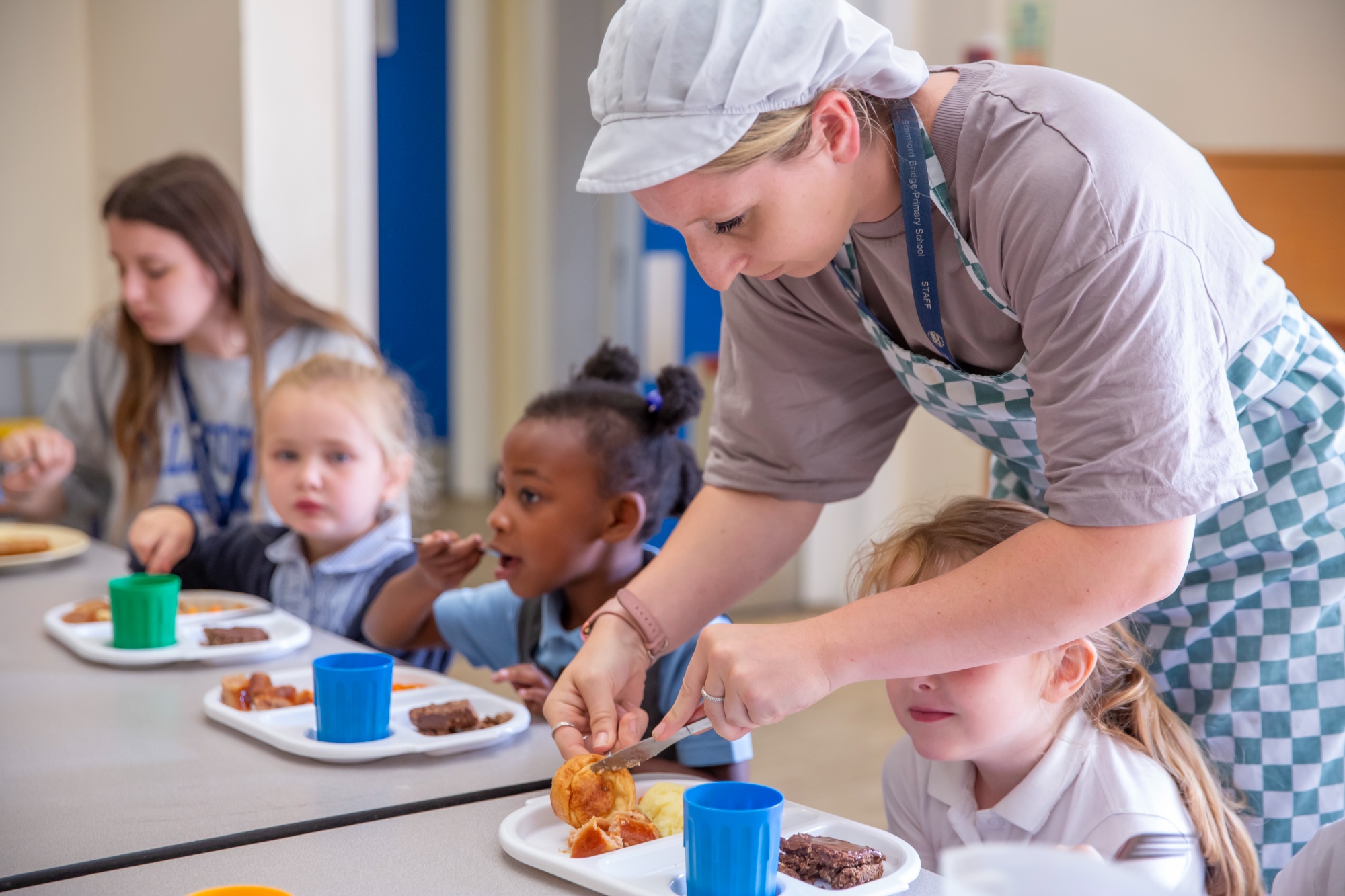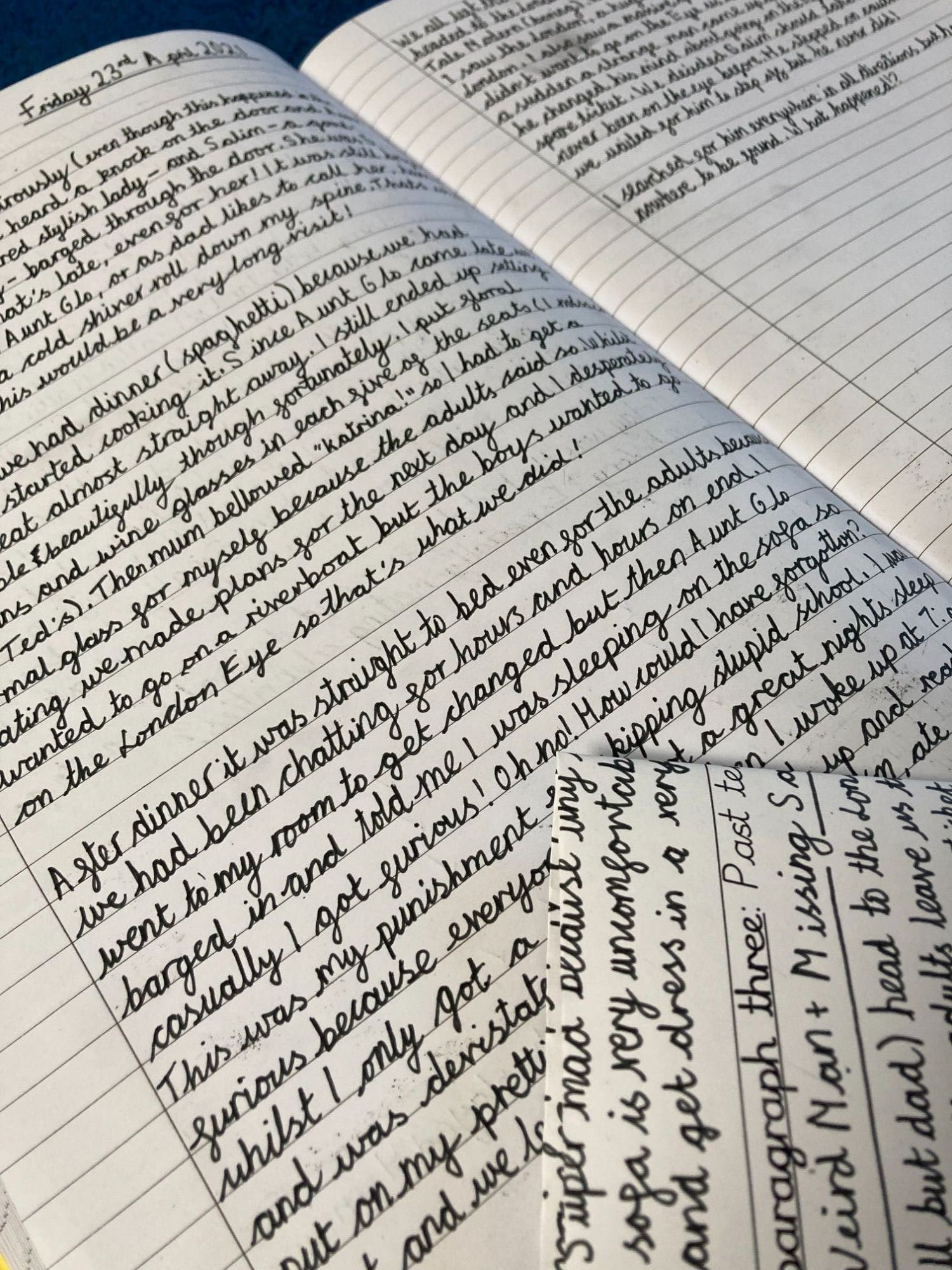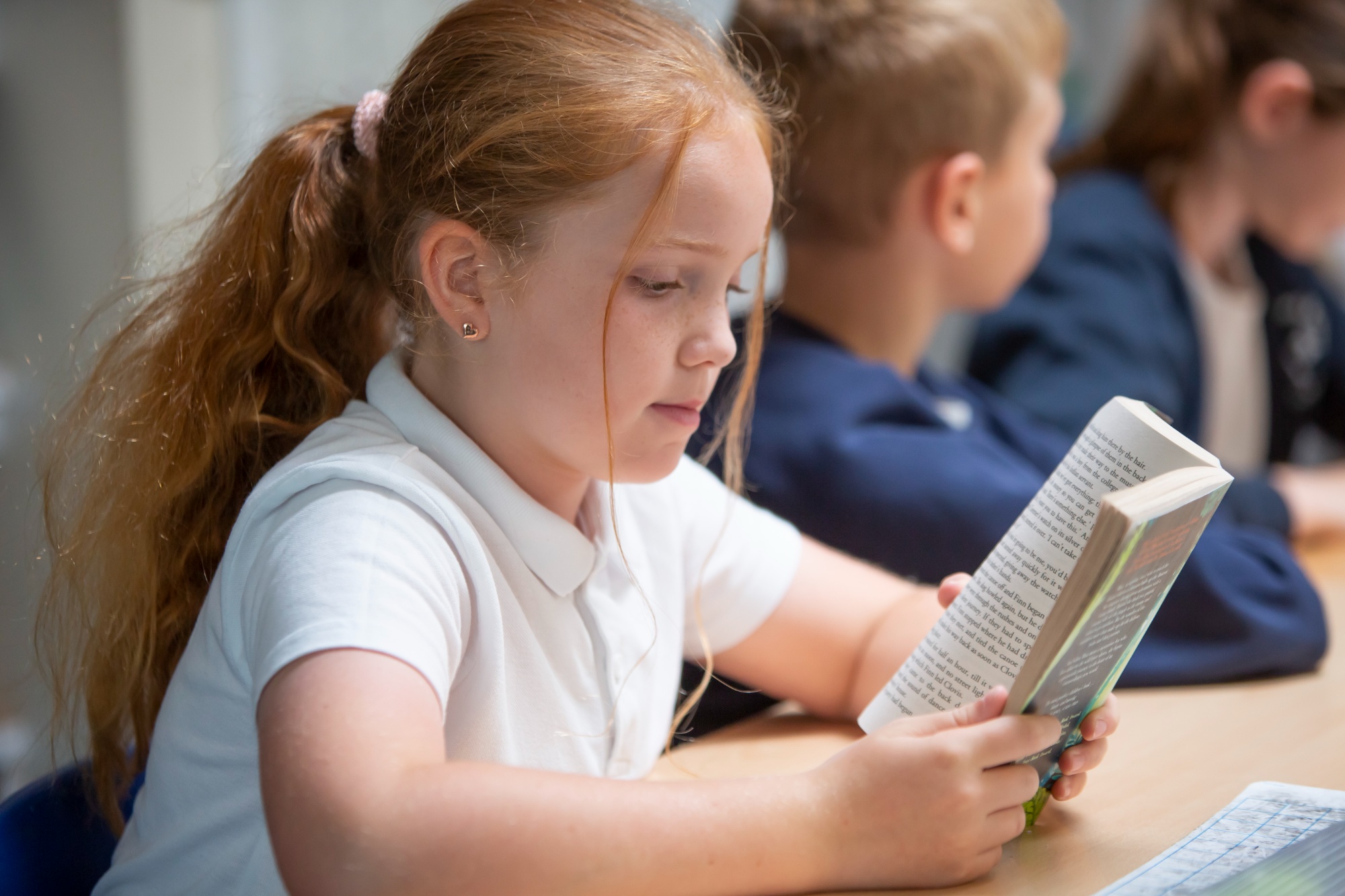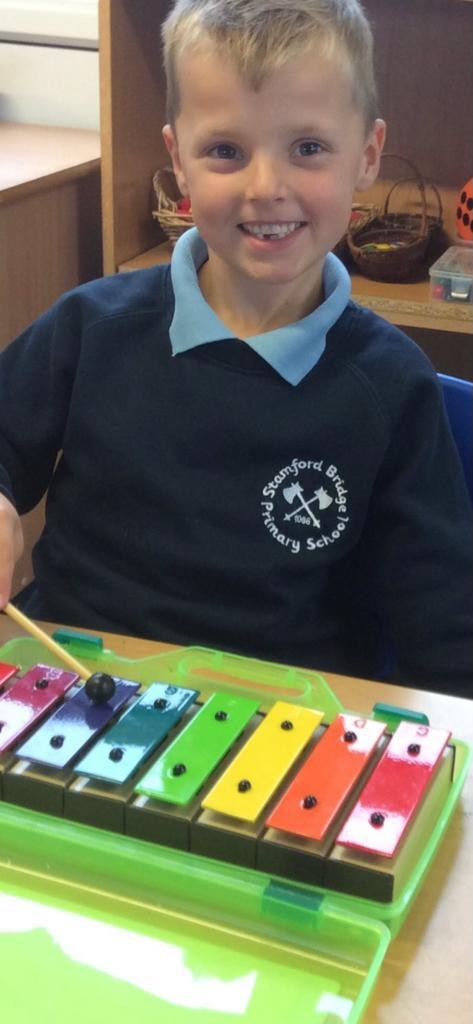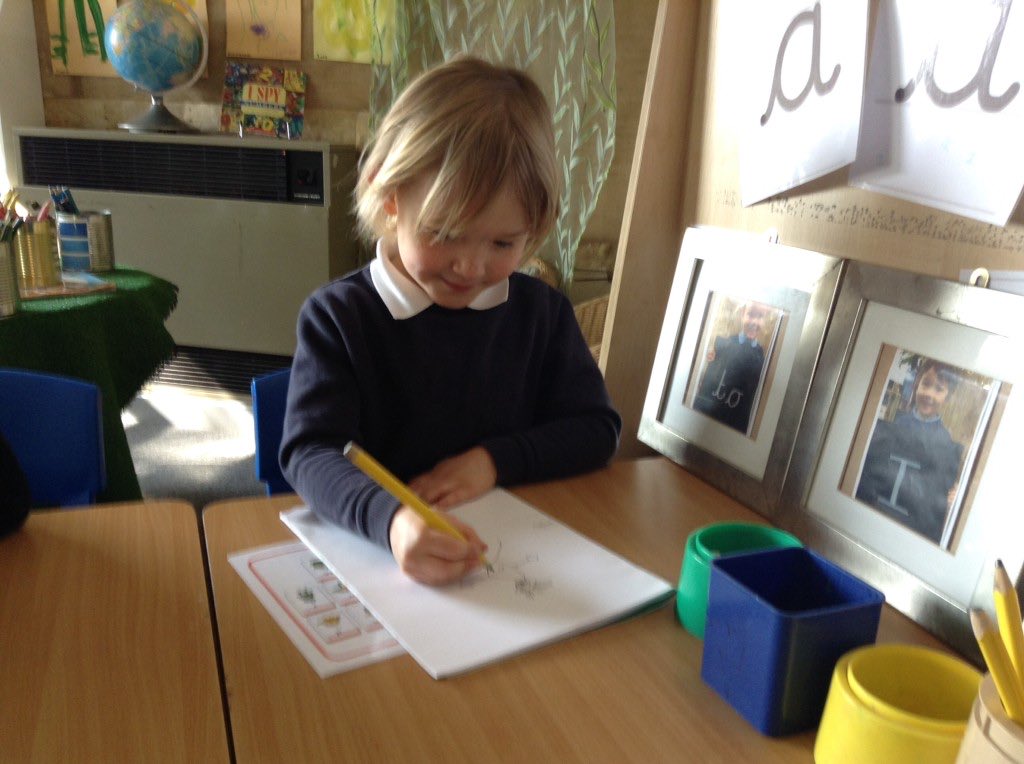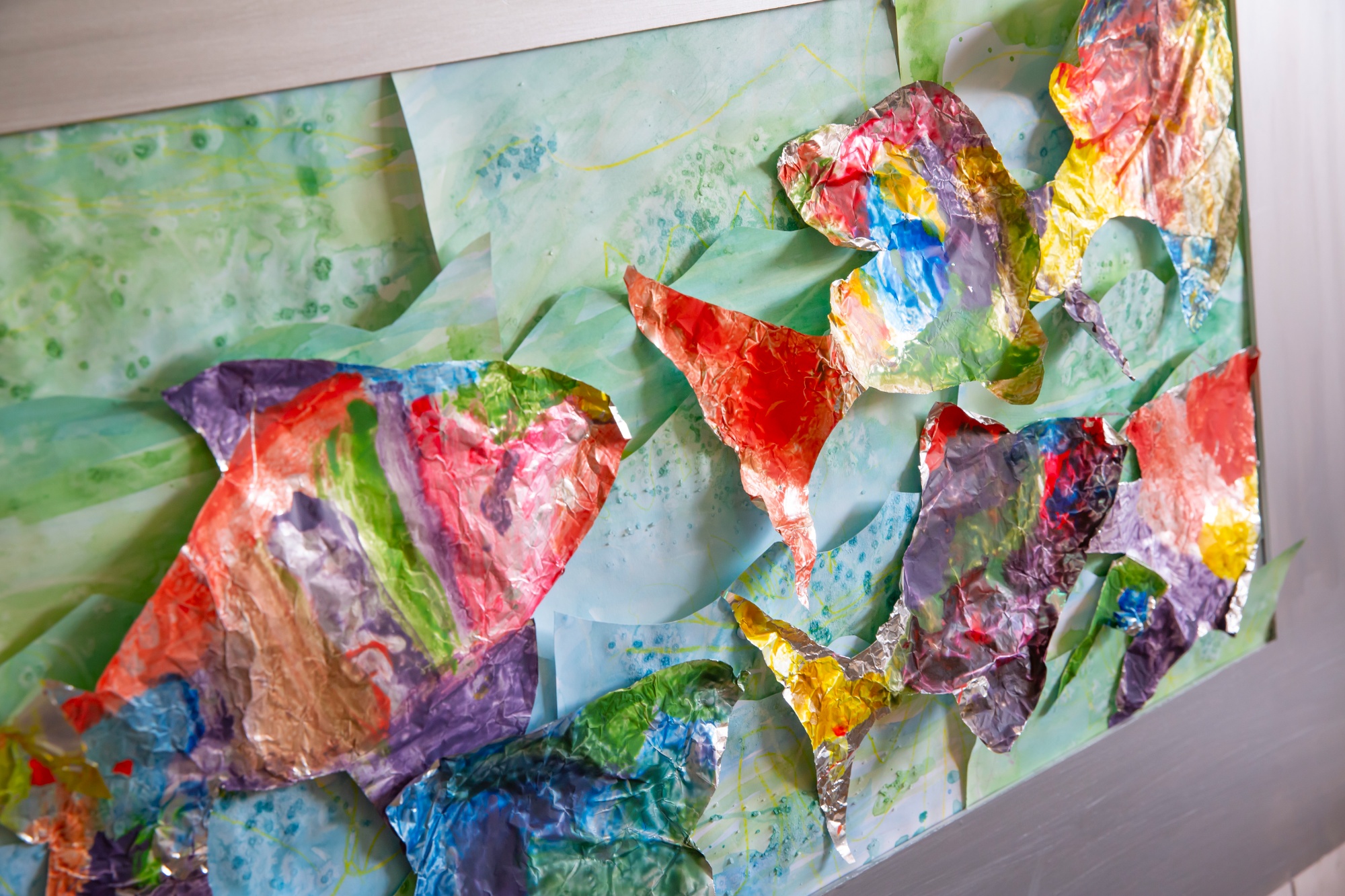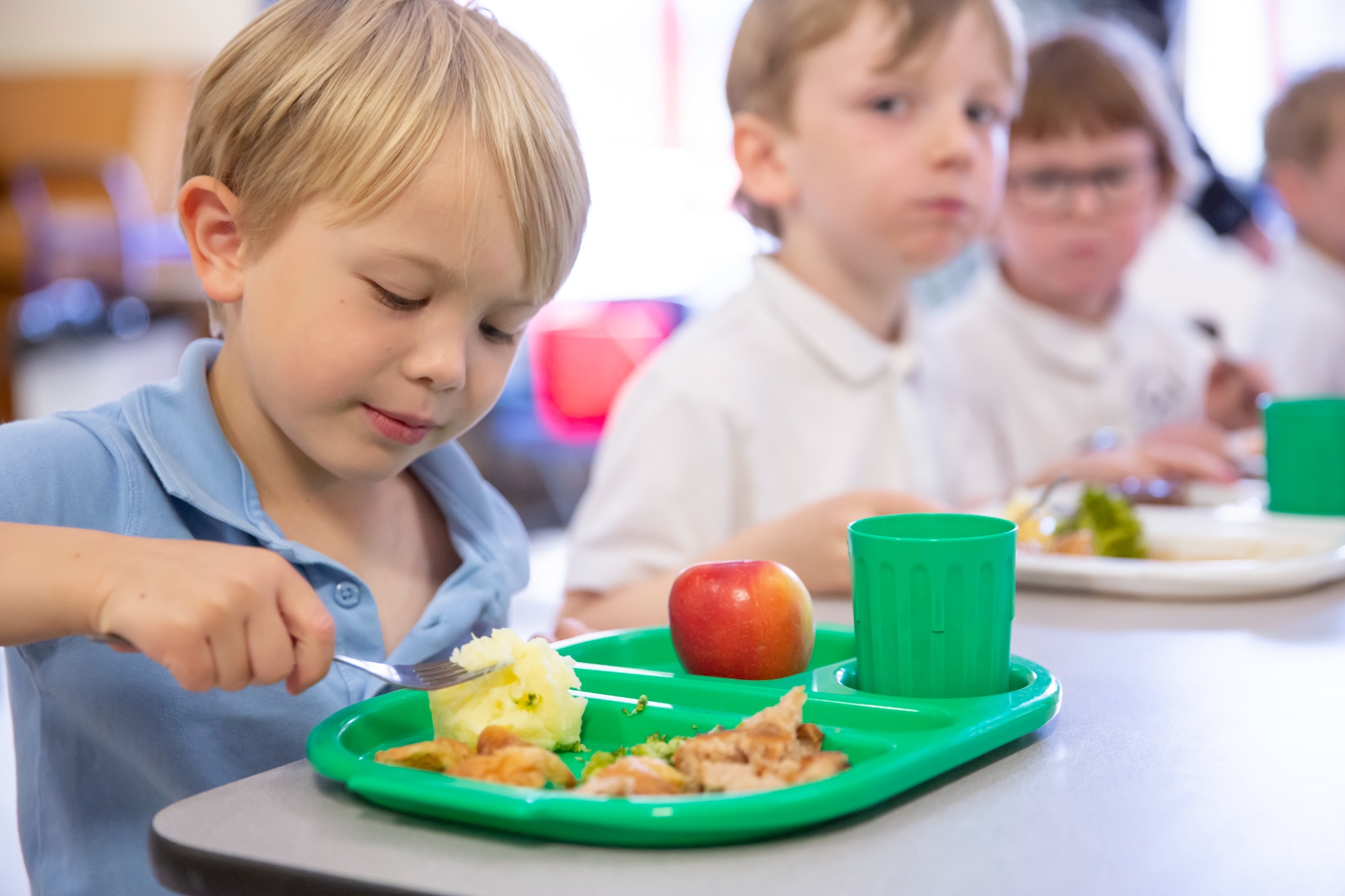Music
"Where words fail, music speaks."
- Hans Christian Andersen
Music Subject Leader - Mrs N Bodill
Our vision:
A sense of the wonder and moving power of music is a key part of life. Music touches the very heart of our humanity and in all of its many genres, forms, and varieties it is beautiful and changing. At Wonder Schools our music education provides children with the opportunity to understand, perform and create in a world of sound that often sits outside our capacity to describe in words. For almost all of our children, the music they love will provide the soundtrack to their lives and bring depth to the experiences that shape them.
|
ANALYTICAL |
While part of the beauty of music is the way that it can be appreciated at first without any specific technical knowledge, it is clear that building knowledge of music only develops the levels and depth to which we can enjoy and evaluate it. Consequently, a key part of children’s work in Music is to build an awareness of the key concepts – the grammar of music – that includes reading and understanding music, learning how to compose, and developing an awareness of how to play an instrument. |
|
SENSITIVE
|
Children will hear a wide range of music as part of our broad curriculum and that will include a range of music from different points and time as well as different places. While this music will be enriched by study of its context and the way it is put together, a clear aim for us as a department is to build up a sensitivity and appreciation for music – a respect for it. This will involve making time for children at all stages to discuss their reaction to piece – how it makes them feel, how they respond to it. This is essential for them to engage with it but it also forms the basis for the best analysis as they discover and articulate why and how it makes them feel that way.
|
|
OPEN-MINDED |
As part of the development of sensitivity to different styles of music, children will become open-minded to different styles of music. In doing so, they will become aware of different cultural traditions that inform, for example, the blues music or Indian music they will encounter in Year 8.
This in turn supports our school’s commitment to the teaching of fundamental British values as an appreciation of music supports tolerance and harmony by enabling them to acquire an appreciation of (and respect for) their own and other cultures. |
Our curriculum:
Our curriculum follows the rigour of the Department for Education’s Model Music Curriculum and we use high quality resources from Kapow Primary to ensure that our lessons are as engaging as possible.
In our curriculum the key strands of music below are woven together to create engaging and enriching learning experiences:
• Performing
• Listening
• Composing
• The history of music
• The inter-related dimensions of music
Each five-lesson unit combines these strands within a cross-curricular topic designed to capture pupils’ imagination and encourage them to explore music enthusiastically. Over the course of the scheme, children will be taught how to sing fluently and expressively, and play tuned and untuned instruments accurately and with control.
They will learn to recognise and name the interrelated dimensions of music - pitch, duration, tempo, timbre, structure, texture and dynamics - and use these expressively in their own improvisations and compositions. We also provide an opportunity for lower key stage two pupils to develop their expertise in using a tuned instrument for a minimum of one term as recommended in the Model music curriculum.
How is our curriculum sequenced:
Our curriculum follows a spiral curriculum model where previous skills and knowledge are returned to and built upon. Children progress in terms of tackling more complex tasks and doing more simple tasks better, as well as developing understanding and knowledge of the history of music, staff, and other musical notations, as well as the interrelated dimensions of music and more.
In each lesson, pupils will actively participate in musical activities drawn from a range of styles and traditions, developing their musical skills and their understanding of how music works. Lessons incorporate a range of teaching strategies from independent tasks, paired and group work as well as improvisation and teacher-led performances. Lessons are ‘hands-on’ and incorporate movement and dance elements, as well as making cross curricular links with other areas of learning.
We deliver our curriculum on a two-year cycle and during their time with us pupils will complete the following units:
Our teaching:
There are four main types of knowledge that children will develop at Wonder Schools through their music curriculum:
Tacit – Tacit knowledge is knowledge gained through experience – even without knowing a great deal of music terminology, children may recognise that a piece of music is tense or joyful. This is important as this sensitivity to music forms the basis of their analysis of it. Across the curriculum they will have exposure to a wide range of music across a variety of traditions to be able to form their views and make comparisons.
Declarative – Declarative knowledge is the facts and other information stored in the memory about music. For example, factual knowledge about performers or composers. Examples of declarative knowledge might include that of notation, keys and chords or of the works and songs that form musical culture. Our cyclical curriculum ensures this knowledge is continually revisited and secured.
Procedural –we understand that the many thousands of hours required to become an expert guitar player, for example, are not possible in lesson time. However we do ensure that whole class musical lessons are provided at Lower Key Stage 2 and that our lessons are bult around practical and performance.
These aspects of knowledge develop each other – so for example, as pupils gain a sense of what makes an idiomatic melody through listening to music in that style, later their growing expertise in melodic composition will lead to the creation of new pieces in that style.
In developing this knowledge we aim to ensure we develop musicians who are:
- technical – able to translate their intentions successfully into sound
- expressive – understand quality, meaning and creativity in music,
- and constructive – confident with how musical components come together.
- listen with increasing discrimination to a wide range of music from great composers and musicians.
- develop a deepening understanding of the music that they perform and to which they listen, and its history.
Recognising that composition and the constructive aspect of music brings together the technical and expressive knowledge children have gained, all units carefully interleave and revisit an experience of music in each key genre. Each sequence begins with an appreciation of the genre encountered before systematically bringing in the knowledge and skills required to develop it.
How parents and carers can help at home:
- Listen to Local Music:
- Explore local music scenes in Yorkshire. Attend concerts, gigs, or events showcasing local talent. This exposure can broaden your child's musical horizons and create a connection to their community.
- Create a Musical Environment:
- Integrate music into your daily life by playing background music during meals or while doing chores. This can expose your child to different genres and styles, fostering a love for music.
- Local Music Lessons:
- Enroll your child in music lessons with a local music teacher. Many tutors in Yorkshire offer individual or group lessons for various instruments, allowing your child to receive personalized instruction and guidance.
- Community Choirs or Groups:
- Look for community choirs or musical groups that welcome children. Participating in a choir or group can enhance your child's musical skills, provide social opportunities, and foster a sense of belonging.
- Attend Live Performances:
- Attend live performances by local orchestras, bands, or musical ensembles. Many cities in Yorkshire have venues that host family-friendly concerts. Experiencing live music can be both entertaining and educational for your child.
- Music Apps and Games:
- Explore educational music apps and games designed for children. These can make learning about music theory, rhythm, and notation enjoyable.
- Musical Storytelling:
- Create musical storytelling sessions where you and your child use instruments or recorded music to enhance a story. This can help develop their creativity and imagination through the combination of music and narrative.
- Community Music Events:
- Keep an eye on local community events and festivals that include musical performances. Participating in these events can expose your child to diverse musical genres and cultures.
